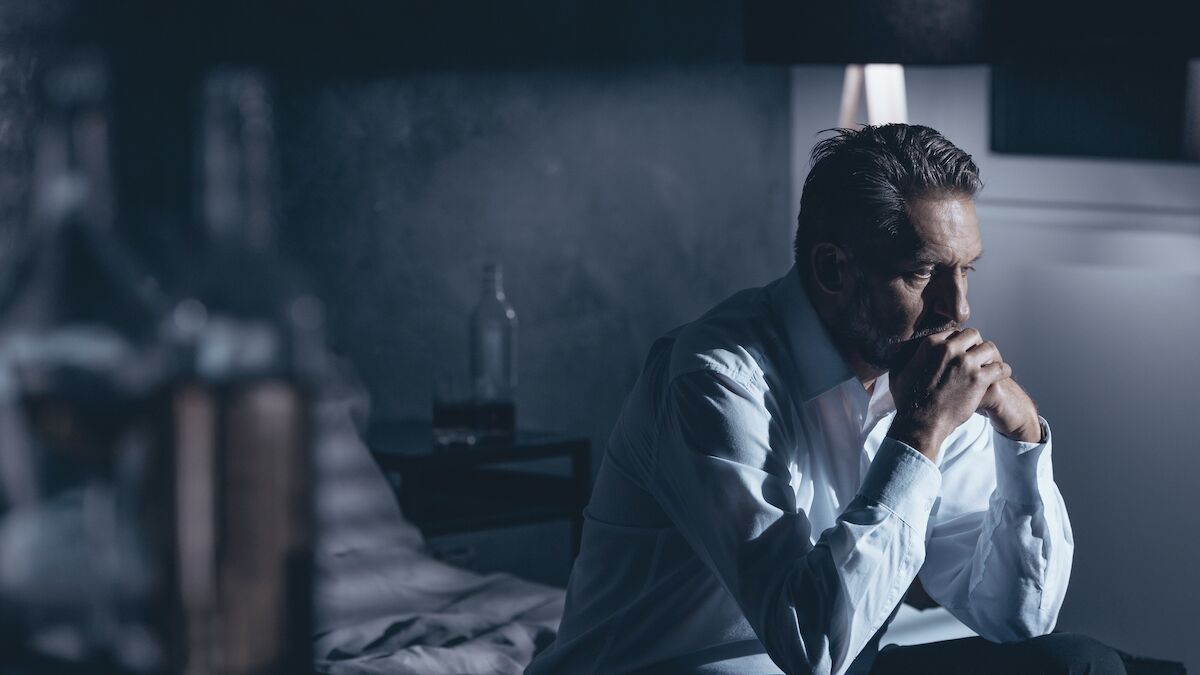Here is an interview I did with Dr. Tyger Latham, a clinical psychologist and psychoanalyst in Washington, D.C. and the Commonwealth of Virginia. He received his Ph.D. George Washington University.
What is depression?
Depression is a mental health disorder that affects roughly 10 to 15 percent of the general population. According to the DSM, the manual used by psychiatrists and psychologists to diagnose depression, a person is diagnosed with depression if she/he experiences depressed mood, along with several other related symptoms, for a minimum of 2 weeks. Some of these other symptoms include: disrupted sleep; diminished energy; changes in appetite or weight; difficulties with concentration; restlessness or lethargy; feelings of guilt, worthless, and helplessness; and, in extreme cases, thoughts of death or suicide. This is the medical definition of depression. However, this definition fails to capture the experience of what it’s like to be depressed. I think Paul Simon has described depression best when he wrote: “Hiding in my room, safe within my womb, I touch no one and no one touches me. I am a rock, I am an island. And a rock feels no pain; and an island never cries.”
Have you treated many law students, lawyers and judges for it?
At any one time, I would say about a third of my practice is comprised of lawyers or law students, of which a large majority suffer from depression or some related mood disorder such as persistent depressive disorder or bipolar disorder.
Can you tell us what kind of issues concerning depression lawyers come to you for? (E.g. problems on job, marital)
As with all of my clients, I find that lawyers come to therapy for a myriad of reasons, including depression. In the case of lawyers, however, the practice of law often serves as a backdrop for their presenting concerns. I have yet to work with an attorney whose work was not adversely affected by their depression. In fact, many lawyers who are diagnosed with depression only become aware of it after it begins to affect their productivity. These lawyers might complain of being unable to concentrate; feeling indifferent or apathetic about their work; withdrawing from colleagues; or, in some cases, they talk with me about feeling burned-out or they might share fantasies of leaving the practice of law altogether. All of these symptoms can be associated with depression and when taken together they build a strong case for clinical depression.
Attorneys will often employ a number of coping strategies – some adaptive, others not-so-adaptive – to deal with their depression. Most attorneys are accustom to working long hours, so I often see many attorneys with depression pour themselves into their work as a way to escape. I’ve also worked with a number of attorneys who have resorted to alcohol and drugs as a way of managing their symptoms. While I wouldn’t say all attorneys who are depressed abuse alcohol and drugs, the majority of attorneys who abuse alcohol and drugs almost always suffer from some form of a mood disorder like depression, bipolar, or anxiety.


















